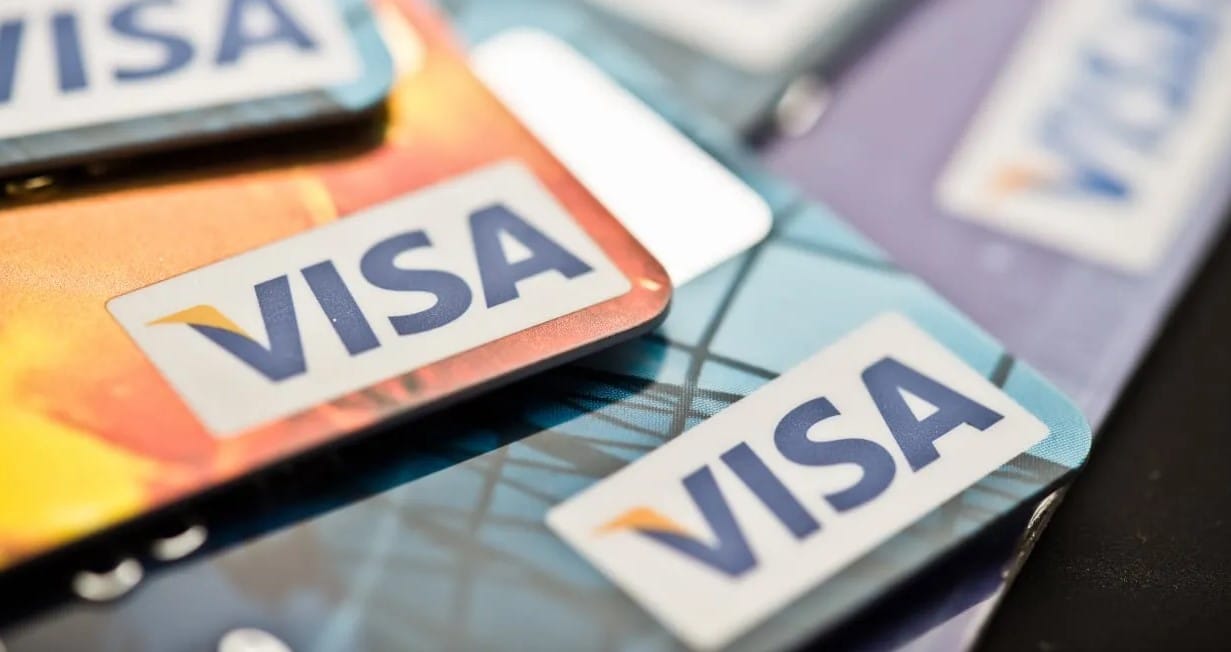Key facts:
Visa wants to help digitize and automate processes for exchanging real-world assets.
The platform will allow banks to purchase tokenized assets such as commodities and bonds.
Visa announced the launch of the Visa Tokenized Asset Platform (VTAP), a solution designed to enable banks to issue fiat-backed tokens on the Ethereum network. This initiative seeks to digitize and automate the exchange processes of real-world assets (RWA), facilitating the purchase of tokenized assets such as commodities and bonds with near real-time settlement.
The VTAP platform is presented as a tool for the development of smart contract-driven tokens. According to Visa, this tokenization capability not only digitizes assets, but also automate existing processes, which in the long term will boost the trading of digitalized real assets connected to the Ethereum chain, as stated by the payments giant.
Cuy Sheffield, cryptocurrency lead at Visa, commented on the potential presented by tokenization: “We believe this creates a significant opportunity for banks to issue their own fiat-backed tokens on blockchains. Banks need to do this in a regulated way and enable their customers to access and participate in these on-chain capital markets.”
This is not Visa’s first step into the cryptocurrency ecosystem. The company has previously explored the terrain with Ethereum, developing automatic payments in wallets on this network in 2022, a move that underscores its interest in integrating blockchain technologies with traditional financial systems. However, this immersion has not been without complications, as Visa faced problems related to Bitcoin and cryptocurrency companies, as CriptoNoticias reported.
Spanish bank BBVA has positioned itself as one of the first to adopt VTAP, with plans for a live pilot in 2025. This move reflects the adaptation of financial institutions to new technologies and also the evolution of financial infrastructure towards more efficient and faster models.
Visa’s VTAP is part of a broader trend where financial institutions are looking to leverage tokenization to improve efficiency, reduce costs and offer their customers more agile and secure services. With tokenization, banks can manage and transfer assets more efficientlyusing the Ethereum infrastructure to ensure transparency and security.
This article was created using artificial intelligence and edited by a human on the editorial staff.






Leave a Reply